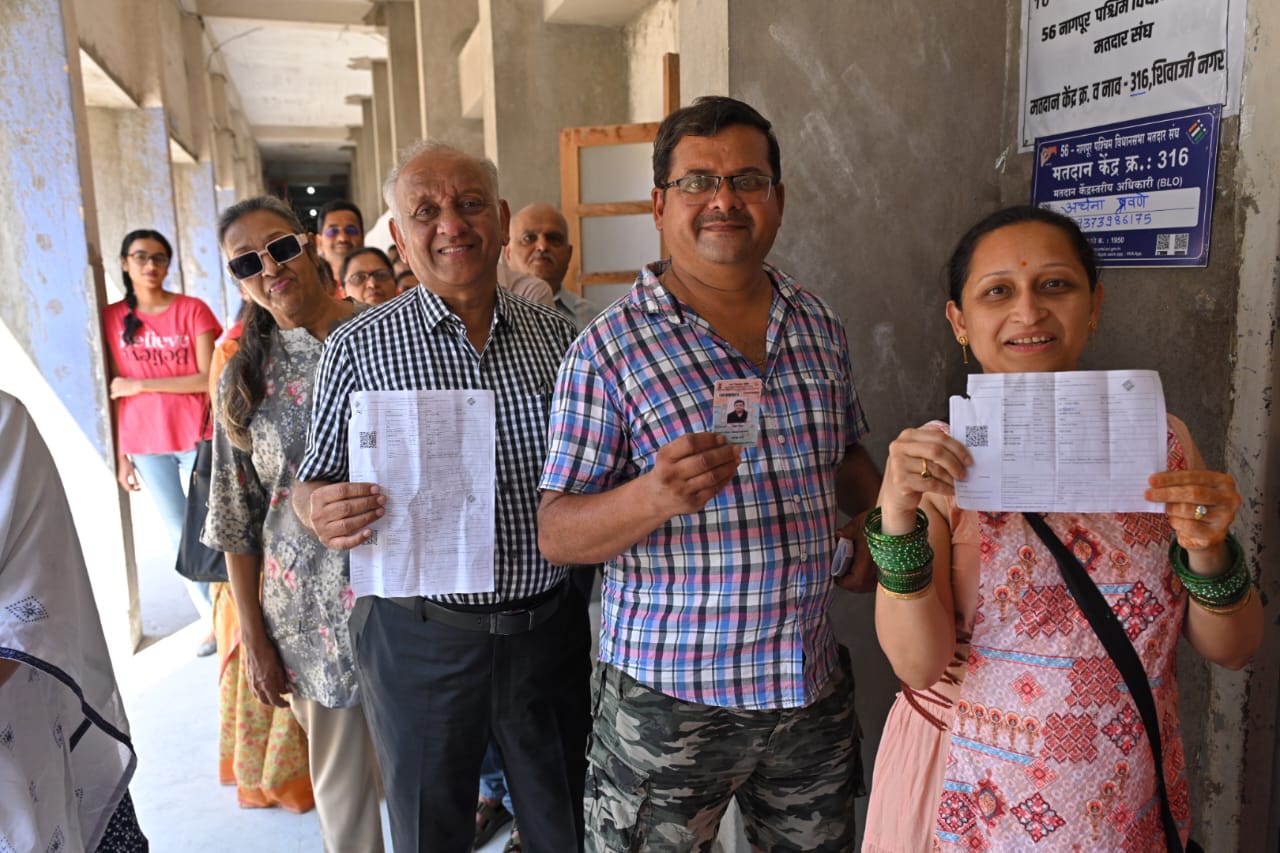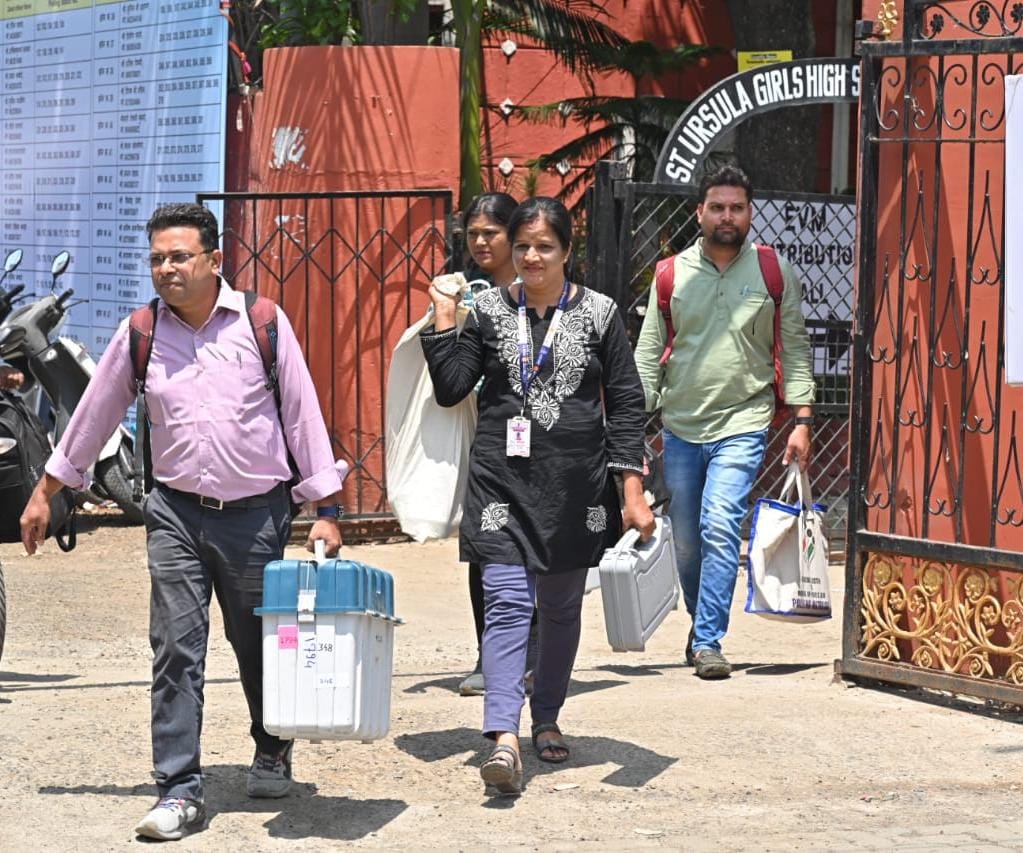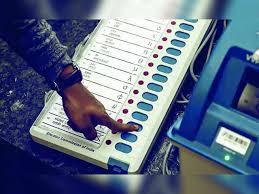
RBI needs to print money to ΓÇÿsave Indian economyΓÇÖ: CII chief Uday Kotak
Billionaire banker calls on Centre to use fiscal ΓÇÿsteroidsΓÇÖ to ensure 'bounce-backΓÇÖ, put money in hands of the poor, help small businesses survive
The time has come for IndiaΓÇÖs central bank to print money to help save the economy, says IndiaΓÇÖs top private banker Uday Kotak, who defended the drastic move, declaring: ΓÇ£Right now, we need to use the steroids to save the Indian economy for sustained growth going forward.ΓÇ¥
Kotak, whoΓÇÖs the founder and managing director of Kotak Mahindra Bank as well as being president of the Confederation of Indian Industry (CII), also said in a lengthy interview on NDTV late on Wednesday that the government must simultaneously help people at the bottom of the financial pyramid.
ΓÇ£Direct cash transfers (should be given) to the poorest of the poor for meeting their day-to-day needsΓÇ¥ and the government should also look at providing ΓÇ£direct medical benefits to the poorest of the poor,ΓÇ¥ the billionaire banker said. In addition, work programmes like NREGA, ΓÇ£should be strengthened,ΓÇ¥ Kotak said. Putting cash in the hands of the poor would help sustain consumer demand which has been flagging, he noted.
ΓÇ£This is a time for us to be able to expand the (fiscal) balance sheet, duly supported by the RBI (Reserve Bank of India) which should deficit finance a part of the governmentΓÇÖs expanded balance sheet rather than let (the government) go to the market borrowing,ΓÇ¥ Kotak said.
Such fiscal stimulus would mean that the RBIΓÇÖs balance sheet would ΓÇ£be expanded -- what is known as monetary expansion of printing of money,ΓÇ¥ Kotak explained. ΓÇ£Time has come for us to be doing some of that because -- unless we can protect growth through this period -- over the next one year, we run the challenge of trend growth rate getting more gradual on a long-term basis,ΓÇ¥ he said.
IndiaΓÇÖs economy is estimated to have shrunk by around 7-to-8 per cent in the last fiscal year. Before the second wave, the economy was seen growing by 10 per-cent-plus this financial year, making it the fastest-expanding economy globally. But economists have been steadily cutting their forecasts in the light of the Covid-19 surge.
Billionaire banker calls on Centre to use fiscal ΓÇÿsteroidsΓÇÖ to ensure 'bounce-backΓÇÖ, put money in hands of the poor, help small businesses survive
The time has come for IndiaΓÇÖs central bank to print money to help save the economy, says IndiaΓÇÖs top private banker Uday Kotak, who defended the drastic move, declaring: ΓÇ£Right now, we need to use the steroids to save the Indian economy for sustained growth going forward.ΓÇ¥
Kotak, whoΓÇÖs the founder and managing director of Kotak Mahindra Bank as well as being president of the Confederation of Indian Industry (CII), also said in a lengthy interview on NDTV late on Wednesday that the government must simultaneously help people at the bottom of the financial pyramid.
ΓÇ£Direct cash transfers (should be given) to the poorest of the poor for meeting their day-to-day needsΓÇ¥ and the government should also look at providing ΓÇ£direct medical benefits to the poorest of the poor,ΓÇ¥ the billionaire banker said. In addition, work programmes like NREGA, ΓÇ£should be strengthened,ΓÇ¥ Kotak said. Putting cash in the hands of the poor would help sustain consumer demand which has been flagging, he noted.
ΓÇ£This is a time for us to be able to expand the (fiscal) balance sheet, duly supported by the RBI (Reserve Bank of India) which should deficit finance a part of the governmentΓÇÖs expanded balance sheet rather than let (the government) go to the market borrowing,ΓÇ¥ Kotak said.
Such fiscal stimulus would mean that the RBIΓÇÖs balance sheet would ΓÇ£be expanded -- what is known as monetary expansion of printing of money,ΓÇ¥ Kotak explained. ΓÇ£Time has come for us to be doing some of that because -- unless we can protect growth through this period -- over the next one year, we run the challenge of trend growth rate getting more gradual on a long-term basis,ΓÇ¥ he said.
IndiaΓÇÖs economy is estimated to have shrunk by around 7-to-8 per cent in the last fiscal year. Before the second wave, the economy was seen growing by 10 per-cent-plus this financial year, making it the fastest-expanding economy globally. But economists have been steadily cutting their forecasts in the light of the Covid-19 surge.
The time has come for IndiaΓÇÖs central bank to print money to help save the economy, says IndiaΓÇÖs top private banker Uday Kotak, who defended the drastic move, declaring: ΓÇ£Right now, we need to use the steroids to save the Indian economy for sustained growth going forward.ΓÇ¥
Kotak, whoΓÇÖs the founder and managing director of Kotak Mahindra Bank as well as being president of the Confederation of Indian Industry (CII), also said in a lengthy interview on NDTV late on Wednesday that the government must simultaneously help people at the bottom of the financial pyramid.
ΓÇ£Direct cash transfers (should be given) to the poorest of the poor for meeting their day-to-day needsΓÇ¥ and the government should also look at providing ΓÇ£direct medical benefits to the poorest of the poor,ΓÇ¥ the billionaire banker said. In addition, work programmes like NREGA, ΓÇ£should be strengthened,ΓÇ¥ Kotak said. Putting cash in the hands of the poor would help sustain consumer demand which has been flagging, he noted.
ΓÇ£This is a time for us to be able to expand the (fiscal) balance sheet, duly supported by the RBI (Reserve Bank of India) which should deficit finance a part of the governmentΓÇÖs expanded balance sheet rather than let (the government) go to the market borrowing,ΓÇ¥ Kotak said.
Such fiscal stimulus would mean that the RBIΓÇÖs balance sheet would ΓÇ£be expanded -- what is known as monetary expansion of printing of money,ΓÇ¥ Kotak explained. ΓÇ£Time has come for us to be doing some of that because -- unless we can protect growth through this period -- over the next one year, we run the challenge of trend growth rate getting more gradual on a long-term basis,ΓÇ¥ he said.
IndiaΓÇÖs economy is estimated to have shrunk by around 7-to-8 per cent in the last fiscal year. Before the second wave, the economy was seen growing by 10 per-cent-plus this financial year, making it the fastest-expanding economy globally. But economists have been steadily cutting their forecasts in the light of the Covid-19 surge.

.jpg)
















